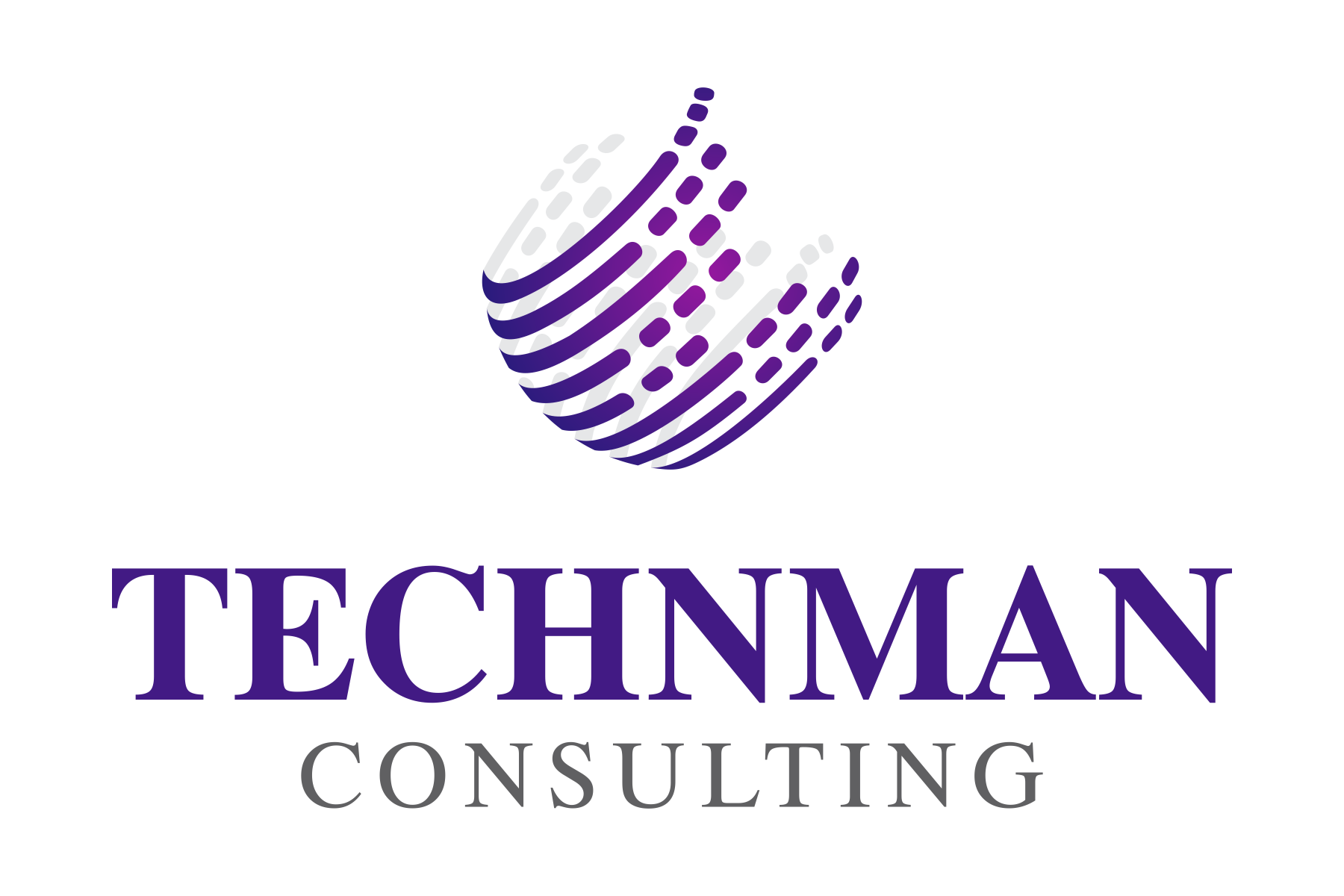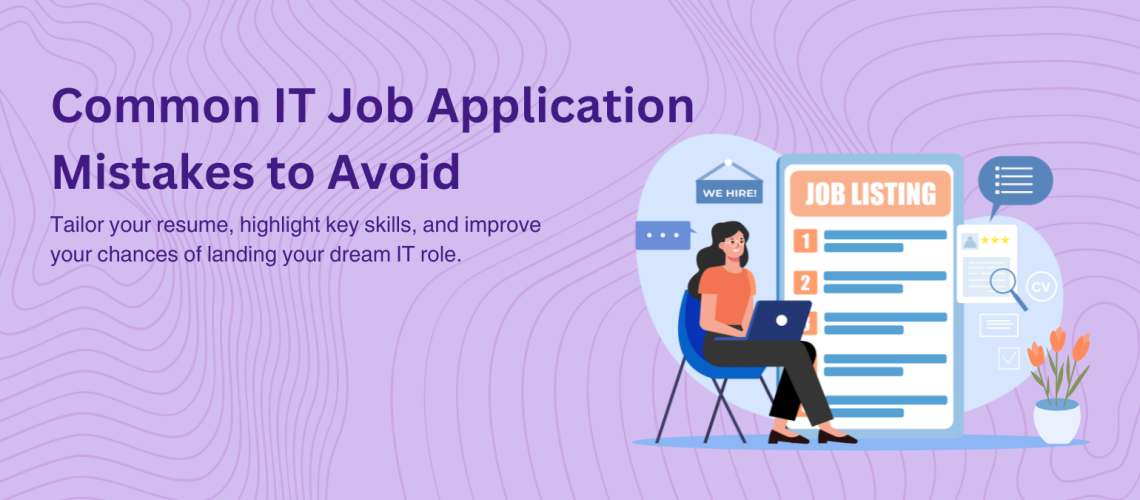Nowadays, finding a job in the IT sector for oneself has comparatively become tough. IT jobs require some specific type of skill, and most job seekers have no idea how to focus on their qualifications. A well-prepared application can create the difference between standing out or being overlooked. Here are common mistakes made during IT job applications and advice on how to avoid them.
Sending a General Resume
Sending the same resume to every application is one of the most common mistakes people make when job searching. Sure, it may be tempting to shoot out one general resume to multiple employers, but this almost never works in IT. What recruiters are looking for is a candidate whose skills match the very specific requirements of the job.
How to avoid it: Tailor your resume to each job application. Emphasize those skills, experiences, and certifications that match the description of the job. If the vacancy is for a cybersecurity position, for example, then mention your experience with network security and list different security protocols that you know.
Missed Keywords
Many companies use ATS systems through which applications are filtered. These systems scan for certain keywords from the job description, and applications without those keywords barely get to the hiring manager.
How to avoid it: Study the job listing and weave some keywords into your resume and cover letter. Pay extra attention to technical skills, certifications, and programming languages the job description calls for. At the same time, don’t stuff your resume with keywords to such an extent that it sounds unnatural.
Lack of Measurable Outcomes
IT is a results-oriented industry, and potential employers would like to see evidence of real success. While listing responsibilities is one thing, not highlighting the outcomes is definitely a missed opportunity to show your impact in previous roles.
How to avoid it: Instead of listing your job duties, quantify your achievements. Example: Instead of “maintained company databases,” say, “increased database performance by 30% with optimized queries.” This gives the employer a better idea of capability and what you bring to the table.
Not Paying Attention to Certifications
Most IT certifications show expertise in fields like cloud computing, network security, or database management. Candidates will fall through the cracks and become less noticeable in a competitive field if they do not highlight the certification that the hiring company is seeking.
How to avoid it: Clearly indicate your certifications on your resume, preferably in the topmost part. Mention CompTIA, AWS, Cisco, Microsoft, or other certifications relevant to the position you are applying for. If you are working on earning a certification, make sure to mention when you expect to complete it to demonstrate interest in continuous learning.
Wasting a Good Online Presence
Employers generally check job candidates online before making hiring decisions. A weak or non-existent LinkedIn profile could discourage HRs from recruiting a candidate, especially in IT, which is often linked to networking and personal branding.
How to avoid it: Keep your LinkedIn profile updated with your latest roles, projects, and certifications. Share relevant industry content; let your passion for IT come through in your discussions. Your online presence needs to shout professionalism and your interest in the field.
Conclusion
By avoiding these frequent mistakes while applying for IT jobs, you significantly increase your chances of landing your desired role. Tailoring your resume for each job, using the right keywords, and showcasing both technical and soft skills can make you stand out to recruiters. Additionally, keeping certifications visible, maintaining a professional online presence, and quantifying your achievements demonstrate your readiness and professionalism. Remember, attention to detail and customizing your application for each job posting will go a long way in improving your prospects.
FAQs
- Why should I tailor my resume to each job I apply for?
A tailored resume highlights the specific expertise and experience that align with the job description. It helps recruiters see that you are a strong fit for their specific needs. - What is ATS, and how does it relate to my job application?
ATS (Applicant Tracking Systems) are systems that employers use to scan resumes for specific keywords and qualifications. If your resume lacks relevant keywords from the job description, it may not reach a human recruiter. - How do I quantify my achievements on my resume?
Instead of just listing responsibilities, use measurable outcomes as proof of success. For example, mention how much you increased efficiency, reduced costs, or contributed to company growth. - Are certifications important in IT job applications?
Yes, certifications validate your expertise in specific areas like cybersecurity, cloud computing, or networking. Relevant certifications can give you a competitive edge over other candidates. - What role does a LinkedIn profile play in job applications?
A strong LinkedIn profile offers hiring managers a more comprehensive view of your experience, skills, and engagement in the industry. It’s also an opportunity to showcase your passion for IT and personal branding.





